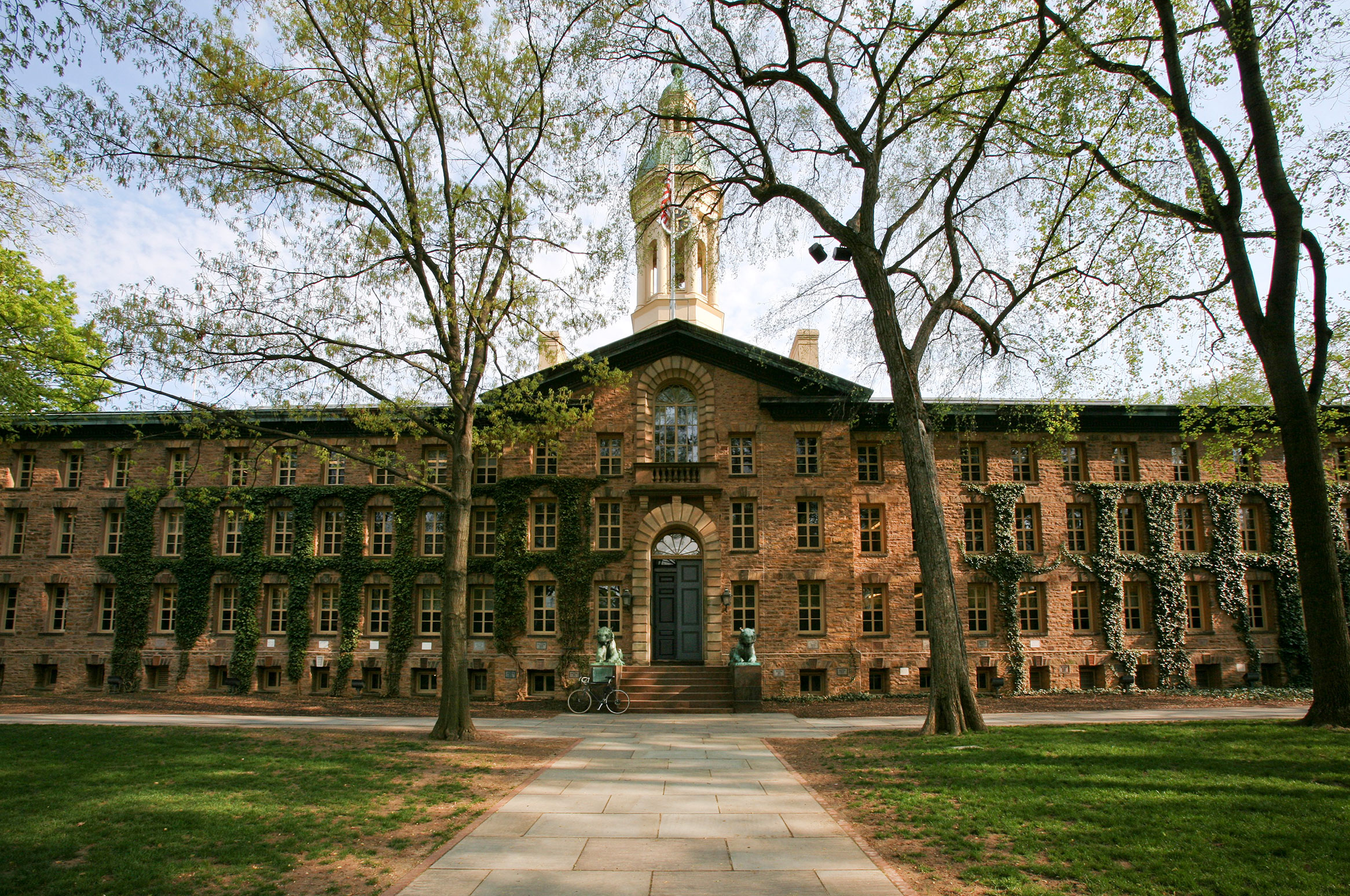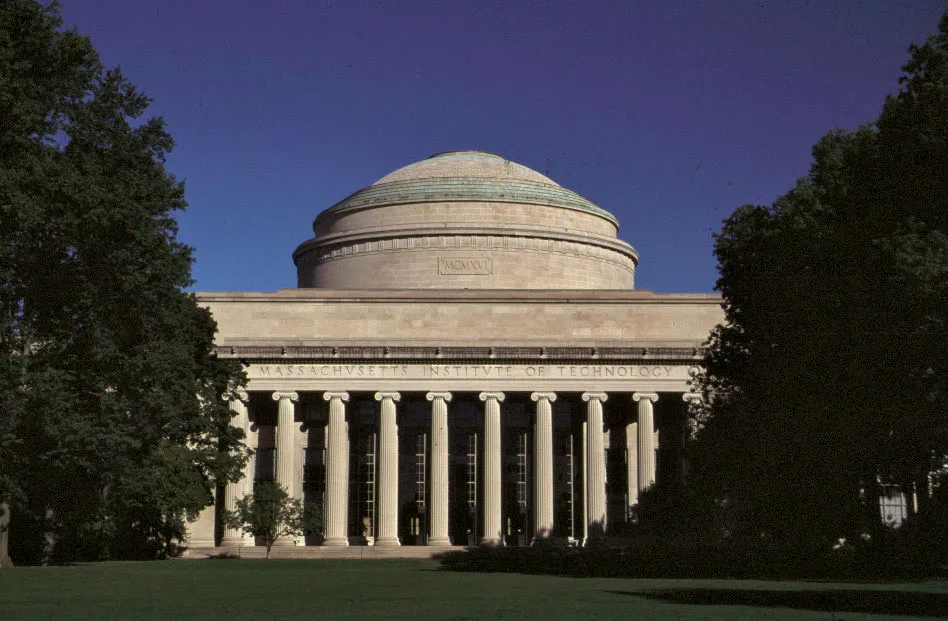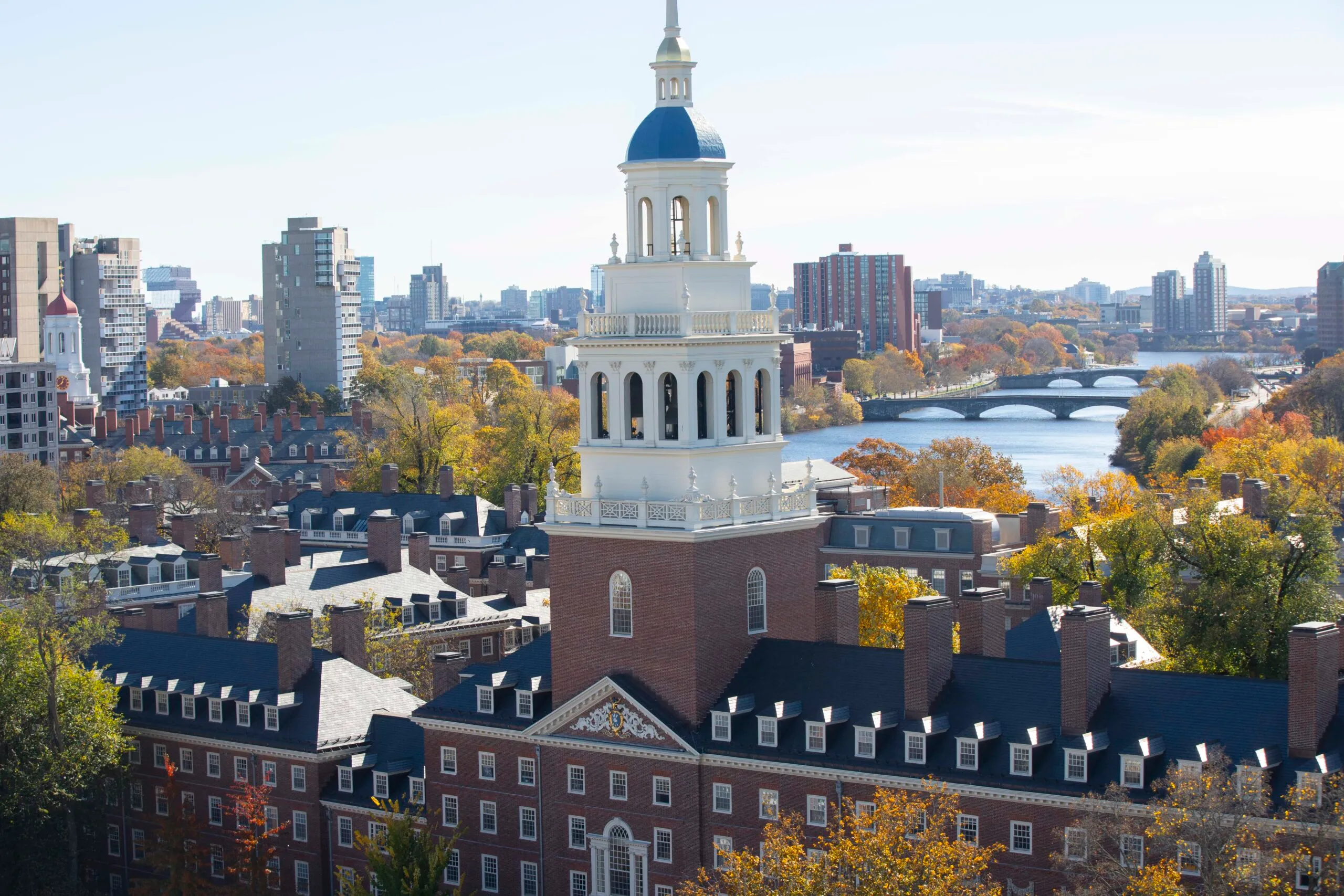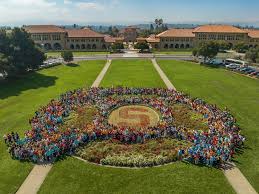Princeton University
Nestled in the picturesque town of Princeton, New Jersey, Princeton University stands as one of the most prestigious and revered institutions of higher learning in the world. Founded in 1746 as the College of New Jersey, Princeton is the fourth-oldest university in the United States and a member of the Ivy League. With a rich history, a commitment to academic excellence, and a vibrant campus culture, Princeton University has consistently ranked among the top universities globally, attracting students, scholars, and researchers from every corner of the world.
Historical Overview
Princeton University’s origins trace back to the colonial era, when it was established to train ministers and educate leaders for the burgeoning nation. Originally located in Elizabeth, New Jersey, the college moved to Newark before finally settling in Princeton in 1756. Nassau Hall, the university’s oldest building, was constructed that same year and served as the temporary capital of the United States during the Revolutionary War. The building still stands today as a symbol of Princeton’s enduring legacy.
Over the centuries, Princeton has evolved from a small colonial college into a world-class research university. It has been home to some of the most influential thinkers, leaders, and innovators in history, including U.S. Presidents James Madison and Woodrow Wilson, mathematician John Nash, author F. Scott Fitzgerald, and former First Lady Michelle Obama. The university’s motto, *“Dei sub numine viget”* (“Under God’s power she flourishes”), reflects its commitment to fostering intellectual and moral growth.
Academic Excellence and Innovation
Princeton University is renowned for its rigorous academic programs and its emphasis on undergraduate education. Unlike many of its peers, Princeton focuses primarily on undergraduate teaching, offering a unique and intimate learning experience. The university’s undergraduate student-to-faculty ratio is an impressive 5:1, ensuring that students receive personalized attention and mentorship from some of the world’s leading scholars.
Princeton offers a wide range of academic disciplines through its two undergraduate schools: the School of Engineering and Applied Science and the School of Arts and Sciences. Students can choose from over 35 concentrations (majors) and more than 50 interdisciplinary certificate programs. The university is particularly well-known for its strengths in the humanities, social sciences, natural sciences, and engineering.
One of Princeton’s defining features is its commitment to independent research. All undergraduates are required to complete a senior thesis or project, allowing them to delve deeply into a topic of their choice under the guidance of faculty mentors. This emphasis on original research fosters critical thinking, creativity, and problem-solving skills that prepare students for success in their careers and beyond.
At the graduate level, Princeton offers advanced degrees through its School of Engineering and Applied Science, the School of Architecture, and the Woodrow Wilson School of Public and International Affairs, among others. The university is also home to the Princeton Plasma Physics Laboratory, a leading center for research in fusion energy and plasma physics.
Vibrant Campus Community
Princeton’s campus is a blend of historic architecture and modern facilities, set against a backdrop of lush greenery and scenic beauty. From the iconic Nassau Hall to the state-of-the-art Lewis Library, the campus provides an inspiring environment for learning and discovery. The university’s art museum, natural history museum, and performing arts centers offer students and visitors alike opportunities to engage with culture and the arts.
Student life at Princeton is vibrant and diverse, with over 300 student organizations catering to a wide range of interests. Whether it’s joining an a cappella group, participating in community service, or competing in intramural sports, there’s something for everyone. The university’s residential college system fosters a strong sense of community, with students living and dining in close-knit groups that provide support and camaraderie.
Princeton’s athletic teams, known as the Tigers, compete in the Ivy League and have a storied history of success. The university places a strong emphasis on the balance between academics and athletics, encouraging students to excel both in the classroom and on the field.
Commitment to Access and Inclusion
Princeton University is deeply committed to making its education accessible to students from all backgrounds. The university’s generous financial aid program ensures that no student has to take out loans to attend. In fact, over 60% of undergraduates receive financial aid, and the average grant covers 100% of tuition for eligible students. This commitment to affordability has made Princeton a leader in socioeconomic diversity among elite universities.
In recent years, Princeton has also taken significant steps to address issues of diversity, equity, and inclusion on campus. Initiatives such as the Carl A. Fields Center for Equality and Cultural Understanding and the Women*s Center provide resources and support for underrepresented students, fostering a more inclusive and welcoming community.
Global Impact and Alumni Network
Princeton’s influence extends far beyond its campus. The university’s alumni network includes Nobel laureates, Pulitzer Prize winners, CEOs, and leaders in government, academia, and the arts. Princeton graduates are known for their intellectual curiosity, leadership skills, and commitment to making a positive impact on the world.
The university’s research and scholarship have also had a profound global impact. From groundbreaking discoveries in science and technology to influential works in the humanities and social sciences, Princeton’s faculty and students are at the forefront of addressing some of the world’s most pressing challenges.
Looking to the Future
As Princeton University approaches its 300th anniversary, it continues to build on its legacy of excellence while adapting to the changing needs of society. The university’s strategic initiatives focus on expanding access to education, advancing interdisciplinary research, and addressing global issues such as climate change, public health, and social inequality.
Princeton’s commitment to its core values—academic excellence, service to humanity, and the pursuit of truth—ensures that it will remain a beacon of knowledge and innovation for generations to come. Whether through its world-class education, groundbreaking research, or vibrant campus community, Princeton University continues to shape the future and inspire the leaders of tomorrow.
In conclusion, Princeton University is more than just an institution of higher learning; it is a community of scholars, thinkers, and doers who are dedicated to making a difference in the world. Its rich history, commitment to excellence, and forward-looking vision make it a truly exceptional place to learn, grow, and thrive.
Share this content:










Post Comment